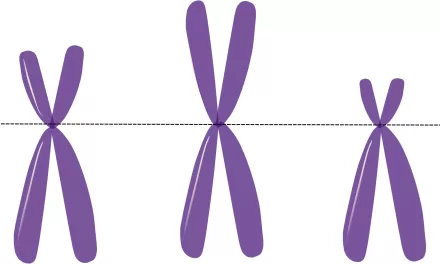A comprehensive global review of studies has unveiled that approximately 1.6% of women and girls worldwide, equivalent to around 31 million individuals, suffer from symptomatic Premenstrual Dysphoric Disorder (PMDD). The findings emphasize the pressing need for increased awareness and understanding of this often-overlooked condition.
PMDD, characterized by severe mood changes, physical symptoms, and cognitive problems, significantly impacts the daily lives of those affected. The study, led by Dr. Thomas Reilly from the University of Oxford’s Department of Psychiatry, highlights the potential underestimation of the prevalence of PMDD due to strict diagnostic criteria. Dr. Reilly suggests that many more women and girls may be undiagnosed, reinforcing the urgency for better awareness and training among health professionals.
The research, published in the Journal of Affective Disorders, challenges preconceptions about PMDD, such as the notion that it merely medicalizes ‘normal’ menstrual symptoms or is limited to Western cultures. The data, gathered from 50,659 female participants across six continents in 44 studies, reveals the global impact of PMDD and underscores the need for improved support and management.
Notably, 3.2% of women had provisional diagnoses, indicating suspected PMDD, but their symptoms had not been measured for a sustained period to confirm the diagnosis. Dr. Reilly emphasizes the gaps in clinical services, including insufficient training for psychiatrists and general practitioners, leaving many patients without proper care.
Co-author Clare Knox, an organizational psychologist who has personally experienced PMDD, stresses the significance of acknowledging the silent struggle of millions of females globally. The revelation calls for increased efforts in raising awareness, training healthcare professionals, and providing effective, evidence-based support for those grappling with PMDD.












